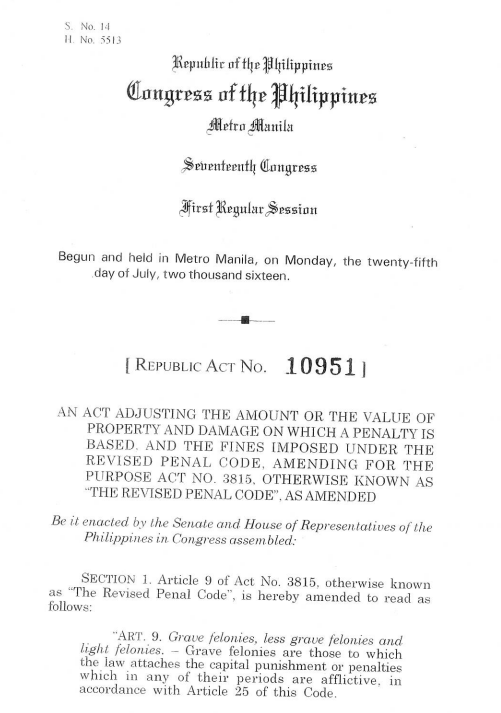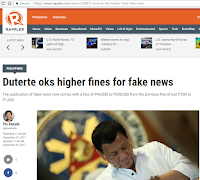Any worker, either in a private company or a government job, is always looking forward to receiving his fair share of ESB or End of Service Benefit. Each country calculates this compensation differently. If a certain employer refuse to provide this benefit to an employee upon termination - be it due to work injury, arbitrary dismissal, or end of contract - the situation falls into a labor dispute.
Advertisement
Shock and surprise were the reaction among some Filipinos in Saudi Arabia when they watched a recent Facebook live interview of Consul General Christopher Patrick Aro and Vice Consul Von Ryan Ferrera from the Philippine Embassy in Riyadh.
Among the topics discussed in the hour-long interview were the repatriation procedures for a deceased worker, as well as the End of Service Award or Benefits. A statement made on the latter is what surprised many viewers.
Among the topics discussed in the hour-long interview were the repatriation procedures for a deceased worker, as well as the End of Service Award or Benefits. A statement made on the latter is what surprised many viewers.
Ads
It was around 8 minutes into the interview when embassy officials clearly said Domestic Workers are not entitled to ESB. The same statement was repeated towards the last 15 minutes of the interview. This of course is an erronoues statement on the part of the embassy officials, and it was corrected and clarified the next day with an official press release that you can read below. Household Service Workers or Domestic Helpers are of course accorded several benefits according to the Saudi Labor Law.
words
Ads
While social media is a very good medium to inform OFWs, especially those with limited access to information, care must be done in believing what we read, see or hear, especially in the advent of fake news.
If you are a Domestic Helper in Saudi Arabia, know your rights and benefits here.
This post is filed under: labor dispute, end of service, work injury, arbitrary dismissal, end of contract, household service worker, domestic helper, social media, labor law, KSA, Saudi, fake news
If you are a Domestic Helper in Saudi Arabia, know your rights and benefits here.
SAUDI ARABIA KASAMBAHAY LEGAL RIGHTS OR DOMESTIC LABOR REGULATION
This post is filed under: labor dispute, end of service, work injury, arbitrary dismissal, end of contract, household service worker, domestic helper, social media, labor law, KSA, Saudi, fake news
©2018 THOUGHTSKOTO























